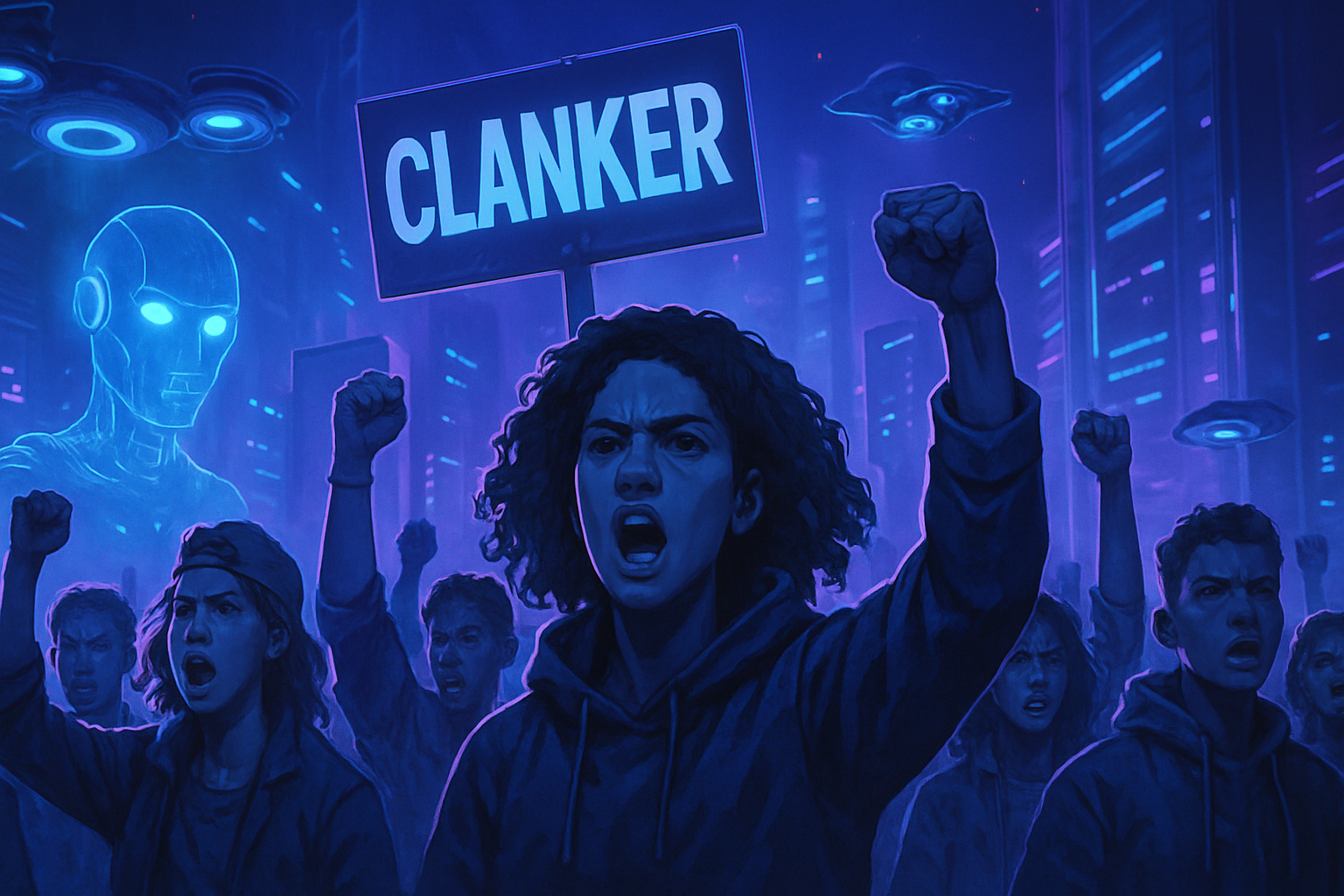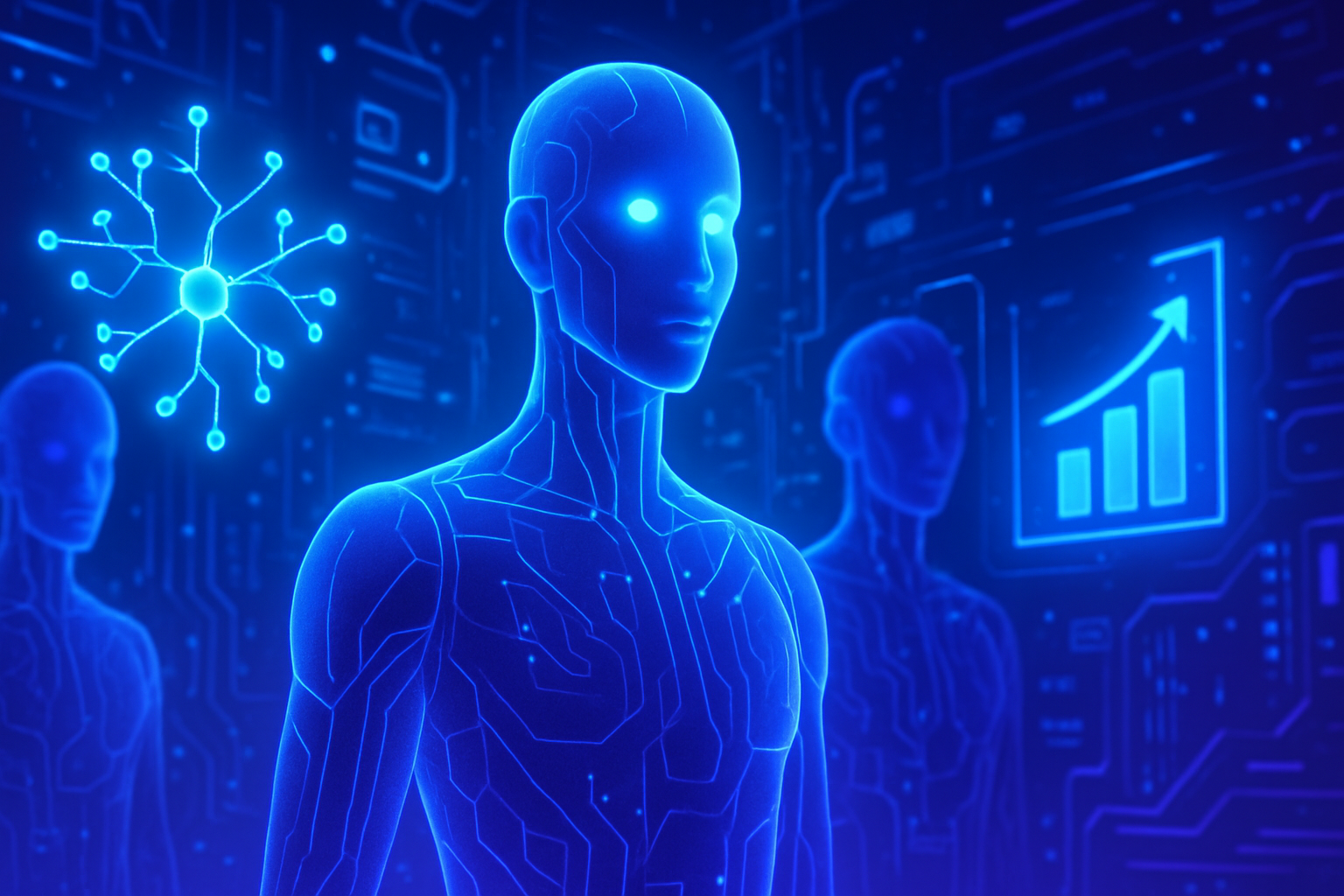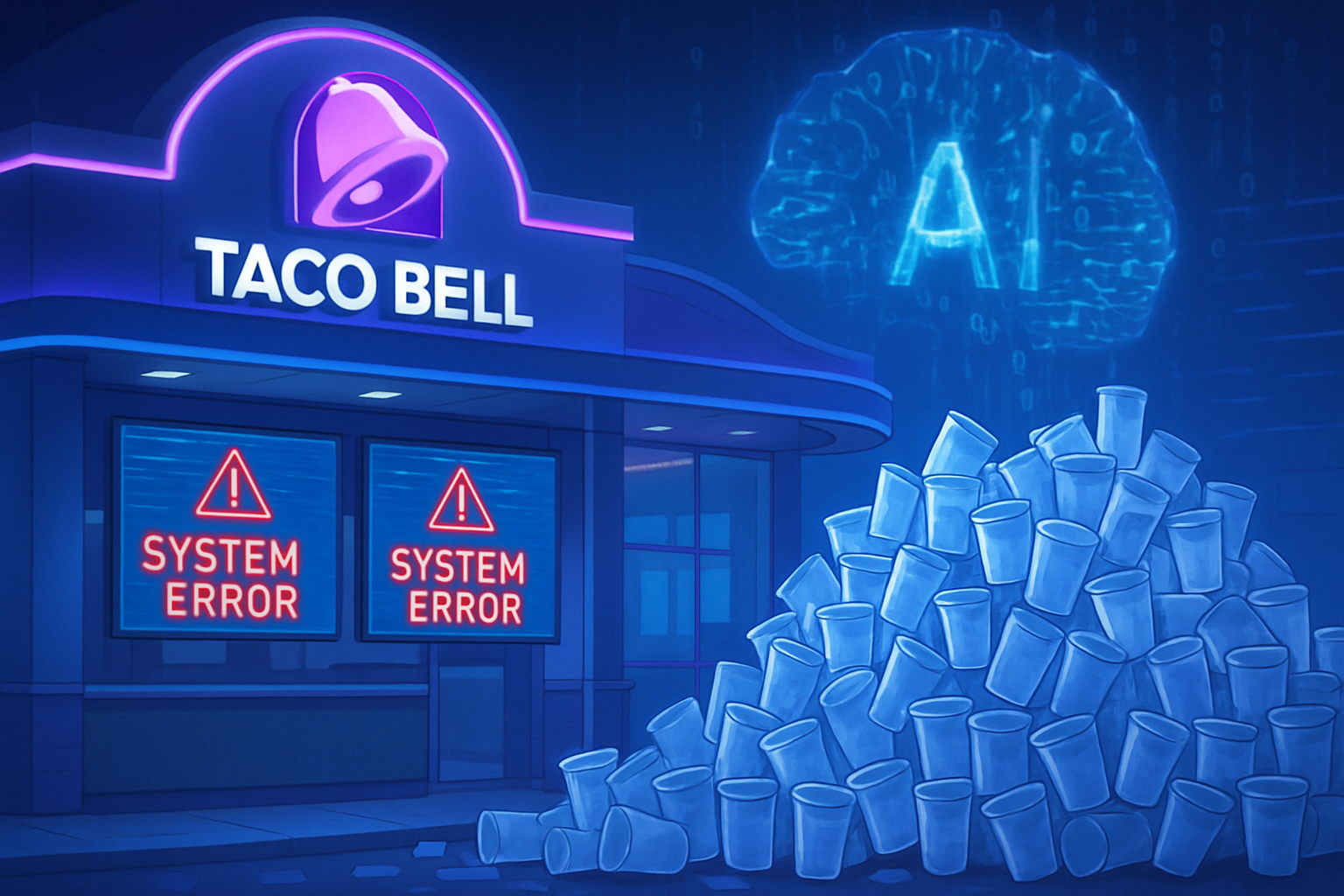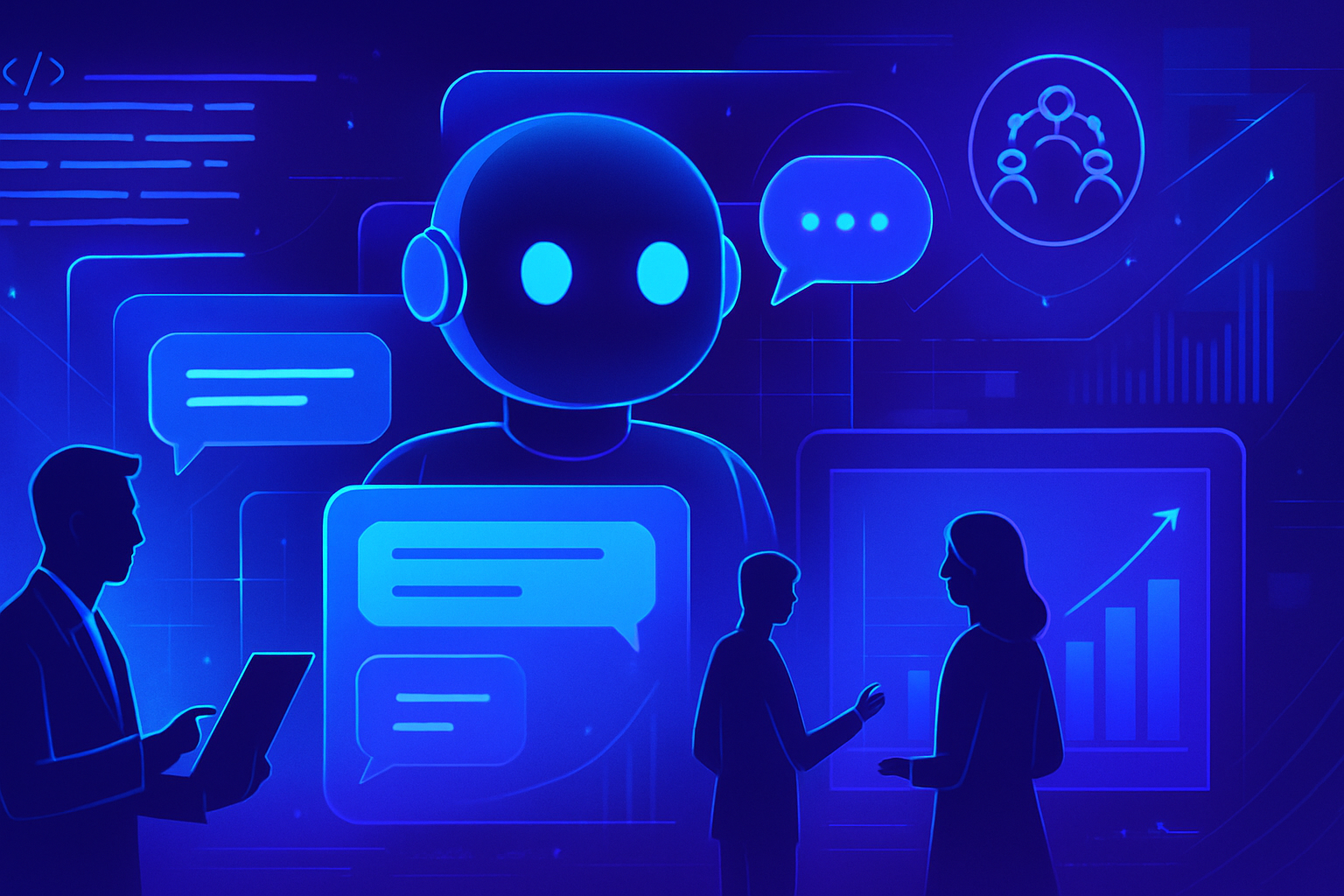Donald Trump’s industrial policy, marked by a turn inward, embodies a complex dynamic. The current economic issues reveal a strategy of emotional ultimatums. Through this objective, Trump favors trade tensions over cooperative innovation. Dependence on supply chains is increasing as institutions face a transformation. The impact on technological growth and the industrial power of the United States remains to be determined. This context raises questions about the sustainability of intellectual property standards and access to global markets.
A new industrial paradigm
The industrial policy of a country is evolving intensely in reaction to global realities. The trend toward reshoring is intensifying, marking a clear movement of companies back to domestic production. Intel’s projects in Ohio and Nvidia’s initiatives illustrate the stark contrast between Joe Biden’s and Donald Trump’s approaches, with each leader seeking to dominate the technology sector.
Opposing strategies
Joe Biden favors an institutional approach, relying on subsidies, investment incentives, and infrastructure projects. Unfortunately, this method seems to be experiencing a slowdown, with little concrete progress. In contrast, Donald Trump focuses on a policy of pressure, using flattery and tariff threats to influence the private sector. Nvidia, in the face of strong ultimatums, chooses to establish its technological solutions in the United States, as a direct consequence of this unstable economic climate.
The implications of technological dominance
The competition for technological leadership is transforming in this new framework where industrial chokepoints, such as artificial intelligence supercomputer manufacturing, determine who can establish global platforms. Nvidia’s recent announcement highlights how these strategic points are gaining importance in an international context where ideas circulate freely.
A debate on international trade
An essential analysis by Harvard economist Ricardo Hausmann highlights Trump’s misguided focus, which concentrates on goods trade while neglecting services and intellectual property (IP). The most lucrative division of Boeing, for example, comes from services, not manufacturing. The impact of political decisions on aviation, such as China’s ban on aircraft deliveries, demonstrates the vulnerability of a model overly centered on traditional production.
The threat to intellectual property
Trump’s reaction to IP is concerning. The spotlight on Eli Lilly’s Mounjaro drug formula has triggered a flood of generic and counterfeit medications in the global market. This situation reveals the dilemma of Trips, where innovation requires a certain openness, while imitation thrives where regulatory enforcement is lacking.
Renewed trade tensions
The repercussions of these policies are felt globally, as the Trump administration launches a national security investigation regarding pharmaceutical imports. Countries like China, India, and the EU find themselves in the sights of the United States, highlighting tensions over intellectual property and supply chains.
A policy of increased protectionism
The irony lies in the fact that the United States, which has established its global dominance on principles of openness since 1945, is now becoming a bastion of protectionism. This movement raises concerns about the sustainability of the agreement on trade-related aspects of intellectual property rights, as developing countries question their interest in maintaining copyrights in increasingly closed markets.
An uncertain future for intellectual property
If developing countries question the value of Trips, the consequences will go far beyond American companies. In 2023, India spent $14 billion on the use of IP, a sum much higher than in 2009, with no significant return on investment to show for it.
For now, the United States continues to claim a pioneering role in technological innovation. However, doubts persist regarding a country’s ability to protect these advancements against growing competition and rampant imitation. The current power dynamic shows that while innovation is global, control of its application remains a deeply rooted concern.
Frequently asked questions about Donald Trump’s industrial policy
What is Donald Trump’s strategy regarding American industrial policy?
Donald Trump’s strategy relies on the use of court politics, notably through threats of tariffs and an aggressive stance towards other nations, contrasting with institutional initiatives like those of Joe Biden.
Why has Intel faced difficulties in advancing its projects in Ohio?
Intel’s difficulties stem from a slowdown in government incentives and a lack of effective institutional support following last year’s elections.
How does Nvidia fit into Trump’s current industrial policy?
Nvidia has been encouraged to strengthen its production in the United States under Trump’s pressure, but its move seems less planned and more imposed by executive demands.
What are the implications of Trump’s approach to services trade and intellectual property rights?
Trump’s approach could harm the U.S. position in global services trade and intellectual property rights, as an excessive focus on tangible goods ignores key sectors where America excels.
What is China’s role in the tensions surrounding U.S. industrial policy?
China represents a major challenge for U.S. industrial strategies, particularly through export rules that favor its own interests while blocking access to the American market.
How does transparency in innovation affect American companies?
Increased visibility on innovations, such as that of Eli Lilly, can foster counterfeiting and competition, complicating the landscape for American companies that invest in R&D.
What is the risk of a reevaluation of the Trips agreement by developing countries?
If developing countries stop enforcing intellectual property rights, it could weaken the investment regime and negatively impact American companies’ profits abroad.
How does the Trump administration view dependence on foreign manufacturing?
The Trump administration sees foreign manufacturing as a threat to national security and tends to favor bringing production back to American soil through tariff threats.
What consequences could arise from the U.S.’s current approach to supply chains?
Consequences could include increased economic isolation and stagnation of innovation, as supply chains become increasingly restricted and regulated.






